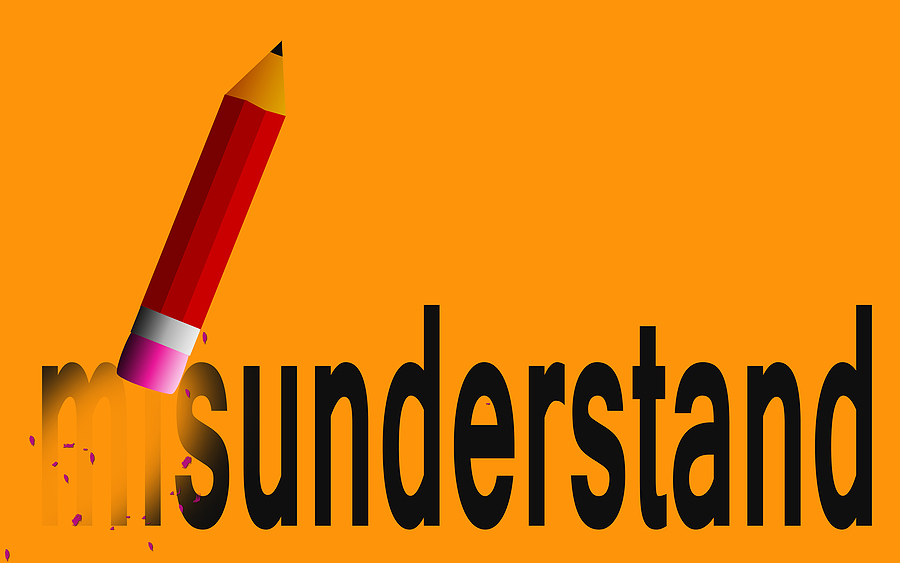Back on June 8, I wrote “Barriers to Effective Communication,” attempting to look at some things that get in the way in relationships, business, and writing.
I’ve continued to reflect on this topic, particularly with regard to the written word. Not only in books and articles, but also in our emails and social-media posts.
Author Intent
Have you ever been upset by an email from a colleague? Or from a friend? Or a spouse or family member? Of course we have.
I came across a fascinating look at “authorial intent” in a recent book Church Doctrine & the Bible by David Instone-Brewer (Lexham Press, 2020). His context was to introduce the challenge of biblical interpretation by making a parallel to our written words:
It is actually impossible to know … what the author was thinking about and intending to convey in their writing…. You can mistake irony for plain speech, misunderstand who or what they are talking about, interpret advice as criticism, or even misunderstand the meaning of a word – for example, “that’s incredible” (“amazing” or “unbelievable”?), “that’s confusing” (a reference to what they describe, or the way they’re describing it?), “How much?” (“too much” or “too little”?)…. When you add the fact that an author is from a different family and area, possibly from a different culture, language, country, religion, and time period, there are so many possibilities for misunderstanding that some have concluded we can never be sure what the author meant (pp. 4-5).
Chew on that for awhile, and think of the times where you reacted strongly to something you read.
Reader Understanding
We often read meaning into words that isn’t there. That last kerfluffle with your spouse or relative? Did they really say what you heard? Fortunately, there is something called forgiveness!
In the study of literary criticism, there is something called the “Reader-Response” theory, whereby each reader can read the same material but understand it or absorb it differently. It’s one reason why two people can read the same novel and one thinks it’s trash and the other thinks it is brilliant. Which one is right? Could it be both?
On a side note, this can be rather theological in that it is one way that God meets a reader where they are. That unique connective space that the reader and writer alone (with God’s help) meet. I see a wonder here, a divine mystery. Sort of the “how” writing reaches past the intellect and to the heart. The same way God meets us intellectually (via assent), as well as emotionally/spiritually (via repentance) and practically (via holiness).
Grace Is the Solution
The beginning of understanding is to first check the anger at the door. Of course, there is a place for genuine outrage. At the same time, don’t take offense when a colleague was merely expressing how they felt about having to complete that task by 5 pm today when it’s 4:45 pm. They aren’t necessarily upset at you personally, but at the situation and its demands.
At the same time, it is critical for your emotional and spiritual health to respond properly to bad reviews or harsh criticism of your book or article. Our initial reaction is to take it as a personal attack.
Grace is the solution! Giving benefit of the doubt is a wonderful starting point.







